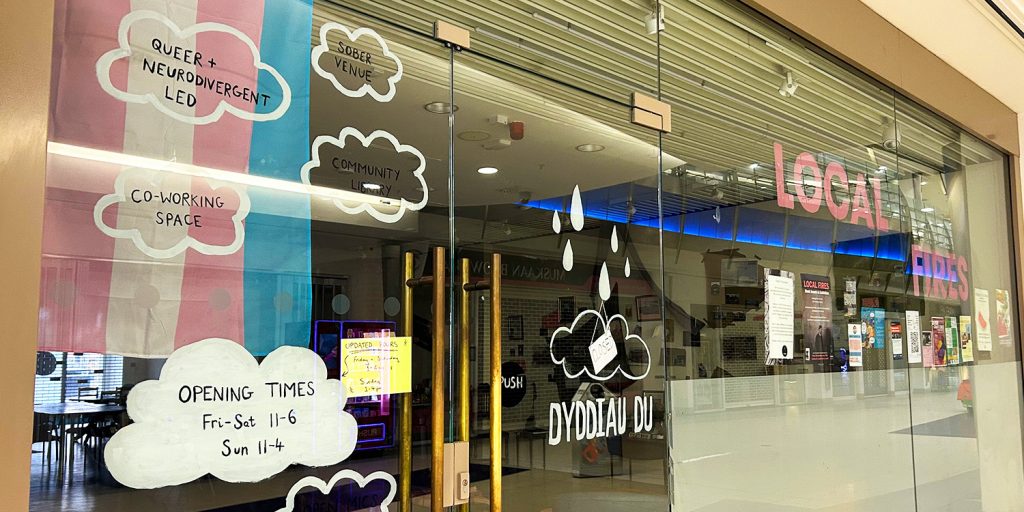The report will reveal the links between neurodiversity and homelessness in Wales and is due to be presented at Dyddiau Du on 7 December

A Welsh charity is using drag and spoken word poetry to present new research on neurodiversity and youth homelessness.
The research, by End Youth Homelessness Cymru (EYHC), will explore the everyday challenges that neurodiverse people face and the pathways into homelessness for this community. It will also show how homeless neurodivergent people can access support and how the homeless system could be more neurodiversity friendly.
By publishing research this way, Beth Gallivan, End Youth Homelessness’ research officer, hopes to bring in a wide audience. She said: “We’re keen not to replicate other corporate report launches. We’ve split the venue’s capacity with 25 spaces for young people and 25 spaces for stakeholders, giving young people an opportunity to get their voices heard by people with power.”
Research released in November 2023 shows that homelessness in Wales increased by 7%, according to charity Big Issue. They found that over 12,000 Welsh households were assessed as homeless between April 2022-2023. Additionally, more than 11,000 individuals in Wales were in temporary accommodation as of August 2023.
Just weeks after this Big Issue report was published, new research from EYHC will be released on 7 December. EYHC is a partnership of Welsh homeless charities which recently conducted research into the issue of neurodiversity and homelessness.

The research will be presented during an event hosted in Dyddiau Du, Cardiff’s neuro-queer library. The event will provide information about navigating homelessness as a neurodivergent person while encouraging action from local policymakers.
Gallivan said that the event will “start a conversation on the challenges that neurodiverse people face to improve understanding and hopefully reduce the stigma”.
She said: “Many homeless-experienced young people we’ve worked with are neurodiverse. It became obvious that this was something that needed to be investigated. We undertook this research to develop a solution.”
